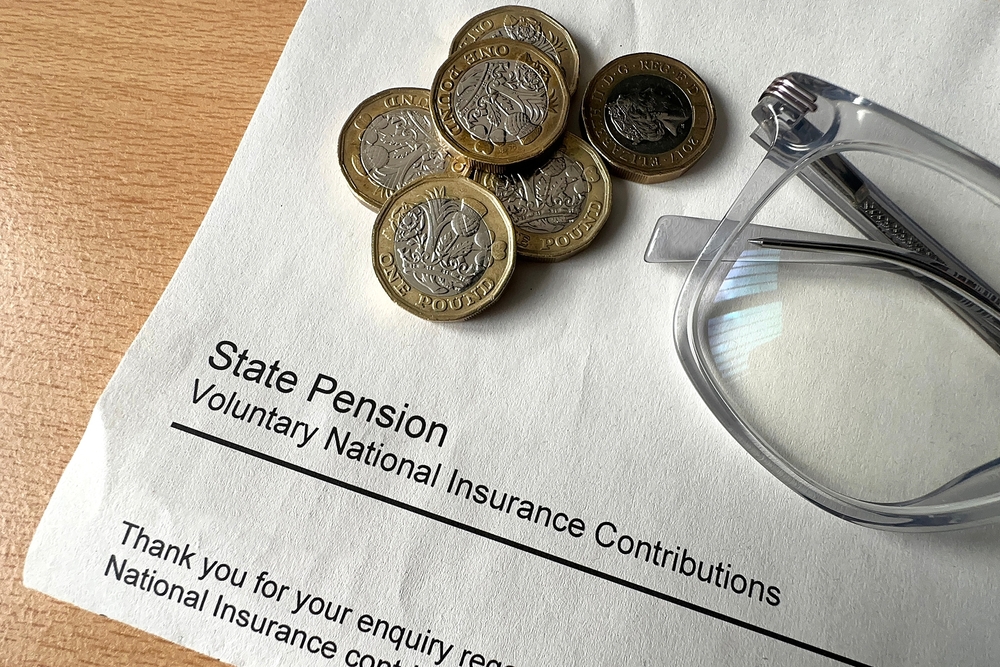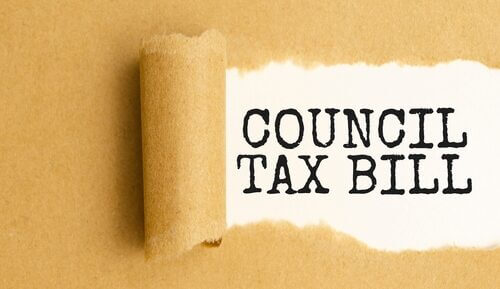How much National Insurance you pay directly affects how much State Pension you can get when you reach State Pension Age. If you have gaps in your record, you may be able to pay voluntary National Insurance contributions to fill them, thereby increasing your future pension.

Page contents
- Key points
- How much is State Pension and when can I get it?
- How do national insurance contributions affect my pension?
- Why pay voluntary National Insurance contributions (HMRC pension top-up)?
- Does paying voluntary National Insurance contributions work out better financially than just keeping the money?
- How do I know if I need to top up my State Pension?
- Can I top up my State Pension for free?
Page contents
- Key points
- How much is State Pension and when can I get it?
- How do national insurance contributions affect my pension?
- Why pay voluntary National Insurance contributions (HMRC pension top-up)?
- Does paying voluntary National Insurance contributions work out better financially than just keeping the money?
- How do I know if I need to top up my State Pension?
- Can I top up my State Pension for free?
Key points
- To get the full amount of State Pension, you need enough complete qualifying years of National Insurance contributions (NICs) on your record.
- Under the current law and New State Pension, you need 35 complete years.
- If some of your years are incomplete, you can pay a voluntary contribution to complete them. This could be a good investment in the long run.
How much is State Pension and when can I get it?
The full amount for New State Pension is £230.25 a week (for tax year 2025/26).
If you have fewer National Insurance contributions than you need to qualify for the full amount, you will get less.
You can start claiming State Pension when you reach State Pension age. What age this is depends on your date of birth. You can check your State Pension age on the Government calculator.
How do national insurance contributions affect my pension?
National Insurance is a tax you pay on your earnings each month. When you start working, the number of ‘qualifying years’ you pay makes up your National Insurance record.
If you pay them for at least ten qualifying years, you qualify for the New State Pension when you reach state pension age. How much you get depends on how many years you have paid NI contributions for. To get the full amount, you need to pay them for 35 years, under the current law.
The New State Pension applies to men born on or after 6 April 1951 and women born on or after 6 April 1953. If you were born earlier than this, you will already be the right age to get Basic State Pension.
Why pay voluntary National Insurance contributions (HMRC pension top-up)?
You might consider paying voluntary National Insurance contributions (NICS) if you have gaps in your record.
Filling these gaps can give you more complete qualifying years on your record, which means you’ll get a higher rate of state pension later down the line.
You can only backdate voluntary NICS for the last six tax years (as of April 2025 when the law on this changed).
Does paying voluntary National Insurance contributions work out better financially than just keeping the money?
Utilising the HMRC pension top-up option can be a good investment. Paying a few hundred pounds now to fill in gaps could mean you qualify for more state pension. Over a number of years, this could mean you end up getting back a lot more money than you paid.
However, this is always necessarily the case. It’s best to weigh up your options for your individual circumstances, or seek professional financial advice.
How do I know if I need to top up my State Pension?
You can check your National Insurance record on the Government website.
Your record will list the tax years since you turned 16. It will say for each year ‘full year’ or ‘year is not full’, with details of your contributions for each.
Can I top up my State Pension for free?
If you are unable to work for a period of time, you often qualify for National Insurance credits. These help to fill gaps in your record and protect your future pension.
You might be eligible to get free National Insurance credits if:
- You get Universal Credit.
- You’re looking for work or working for less than 16 hours a week.
- You’re ill or disabled.
- You’re on maternity, paternity or adoption leave and pay (leave is for up to 52 weeks, pay is for up to 39 weeks).
- You’re a foster or kinship carer.
- You’re eligible for Child Benefit.
- You’re an unpaid carer.
- You’re on jury service.
- Your spouse is in the armed forces.
For the full list of National Insurance credits eligibility and how to apply, see the Government website.


